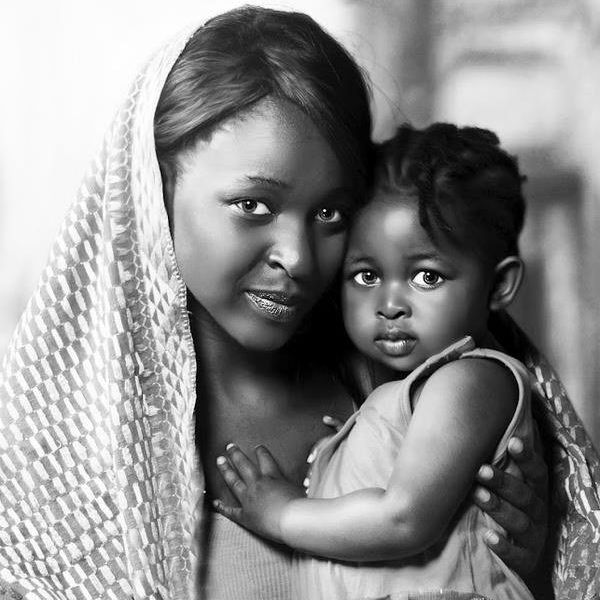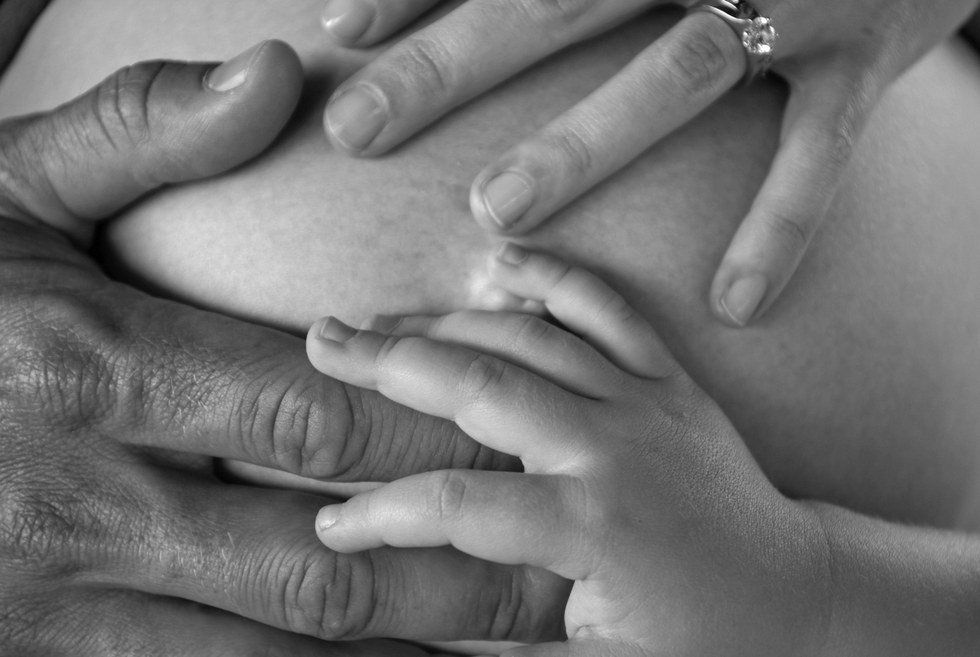Hi, all. I have been thinking about all of this pro-life vs pro-choice debate, and my own views on it - just wanted to share my thoughts. Let me know if you agree, disagree, etc.
First, I don't believe that pro-life is the correct term to use for people who are against the pro-choice argument. The term suggests that pro-choice is the same thing as pro-death. And, to think that some people are ready to equate giving women rights over their own bodies as being synonymous with something like death, is repulsive.
Pro-life would suggest that an individual who identifies as such believes in giving educational, socioeconomic, and other opportunities to all children. After all, such opportunities are necessary for a good life. However, rarely have I heard someone who is in support of pro-life talk about the possible inequality and dire consequences faced by a child forced into existence because abortion was denied. It's as if people suddenly stop caring about the child's life after he/she is born. As long as he/she popped out, does anything else really matter?
To everyone who is pro-life, I want to ask a few things in order to better understand your viewpoint. First, if a woman from a low socio-economic background with extremely limited resources is forced to have a child, would you be interested in supporting some form of welfare or unemployment solutions to help this woman and others like her? Or, would you argue, "She shouldn't have had pregnant in the first place?" If you choose the latter, then I must ask you if you believe that certain people are more deserving to become pregnant because of their socioeconomic, racial, etc. background?
Second, if a family believes that they will not be able to adequately care for another child because they already have other children, what do you suggest? Do you think they should just suck it up and take care of the child, without even knowing their full story or reasons for the abortion? Or, do you think that the child can be born and then sent away to adoption centers or foster homes? If the latter, then I must ask you how actively involved you yourself as in emptying out adoption centers and foster homes? Are you ready to ignore the momentous research that has shown the negative psychological, physical, emotional, and social effects adoption centers and foster situations can have on some children? Or, have you been actively arguing against this with as much passion as have you been arguing about the pro-life platform?
Third, why do you believe that your opinion should have more control over a woman's body than the opinion of the woman herself does? The woman who becomes pregnant is the one who will go through, at the minimum, 9 months of pregnancy. She will also be partly or wholly responsible for providing everything for the child. She might be very focused on her career, she and her partner may agree that they do not want a child even if she were to become pregnant, she may not want to undergo pregnancy, etc. The point is, it is her life, so shouldn't it be impacted by HER choices, not your beliefs?
Of course, there are women who are pro-life themselves. And, here's the thing: that's perfectly okay. You know why? BECAUSE IT IS THEIR CHOICE. They choose to be pro-life, they choose to accept every pregnancy, etc.
And, that's where the pro-life and pro-choice arguments really differ. Pro-Choicers will support every woman who is pro-life as well as every woman who is pro-choice because they recognize that the whole point is CHOICE. However, I have often found that pro-life has nothing to do with choice or making sure a child has a high quality of life; it seems to be more about pushing the baby out, calling it a victory, and then moving on.
Thus, I do not believe that all pro-lifer's are actually all pro-life - they are all, however, pro-birth, pro-not-giving-a-woman-a-right-to-her-body, pro-not-letting-a-family-decide-what-it-wants-for-itself, etc.
If you disagree with me, feel free to reach out to me. Dialogue is an important part of unity and recognizing that people can have different beliefs, and that's okay, even if the next President of the United States does not see dialogue and diversity of opinion in this light.





















